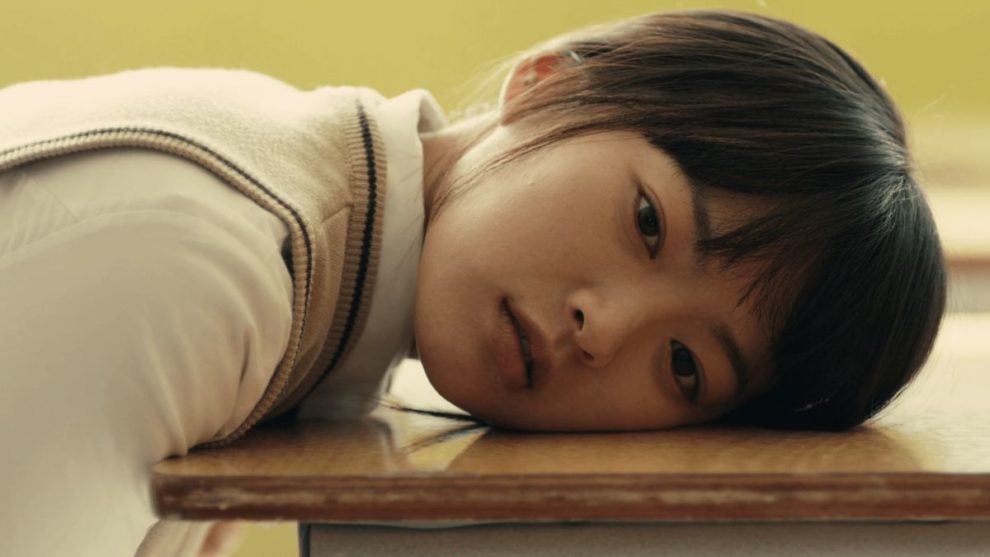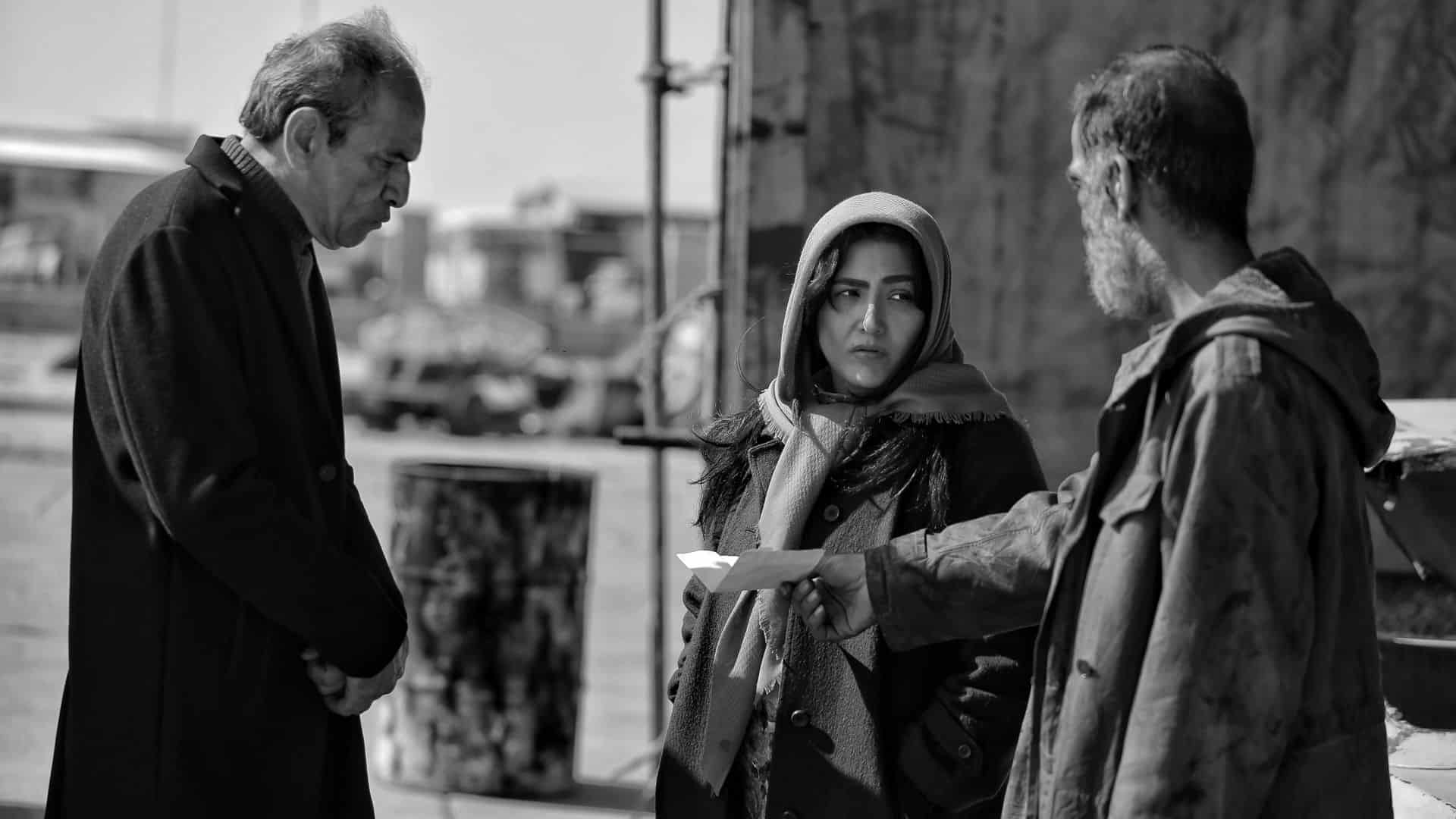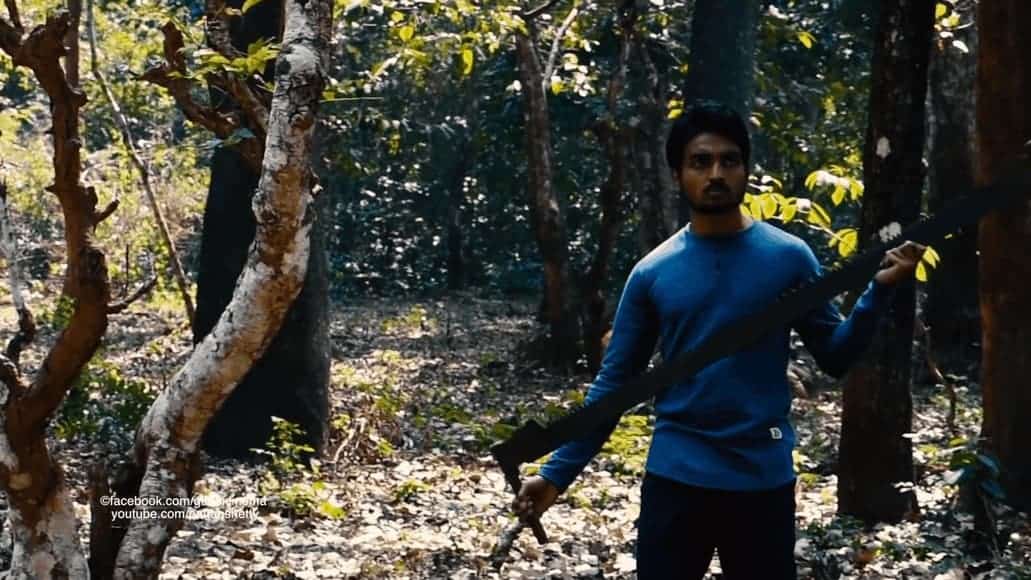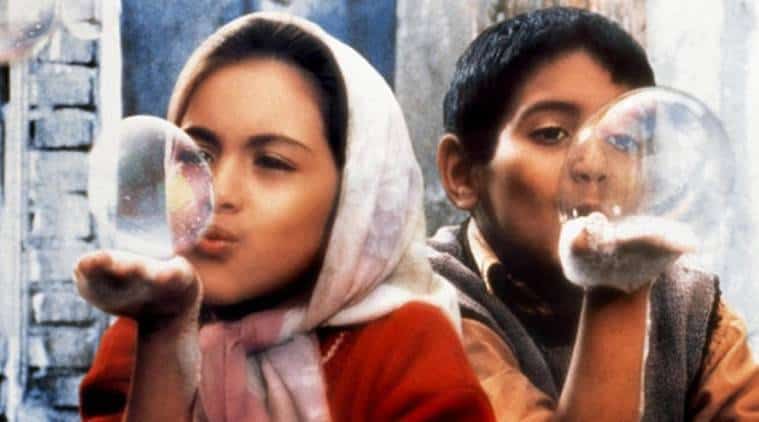The films is based on the Miryang gang rape, a truly horrid actual event that occurred in Miryang, South Korea in 2004, where at least 41 male high school students gang raped several middle school and high school girls over the course of 11 months. The case truly shocked the nation and was also the source of intense controversy due to police mistreatment of the victims and lenient handling of the offenders
Buy This Title
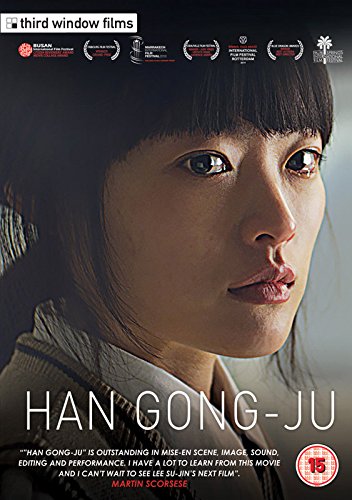
The script stays quite close to the actual facts, focusing, though, on the titular girl. Initially we watch Gong-ju after the arrest of the perpetrators, having transferred to another school and living with the family of an ex-professor of hers along with his mother, an owner of a convenience store. Her parents have abandoned her, with her mother in a new romantic relationship and her alcoholic father still living in the village where she was born. The girl tries to keep a low profile and even manages to make her host like her, despite her initial objections about her living there. In her free time, Gong-ju learns how to swim in the local pool, where she eventually meets another girl, Eun-hee, who actually imposes her friendship onto her, making her open up a little. Even this lesser happiness, though, does not last for long.

Lee Su-jin in his debut directs and pens a powerful, touching and occasionally brutally realistic film. His strongest point is the depiction of the protagonist, with DP Hong Jae-sik's camera following her from a very close distance, drawing the spectator deeper and deeper in her world, in a style that occasionally includes documentary-like elements.
The film is definitely dramatic, but Lee manages to retain a sense of measure for the duration of it, avoiding the reef of the melodrama while retaining a sensitive approach toward a very difficult subject, with most of the events being implied rather than depicted. The use of flashbacks stresses this approach, despite the fact that their use in the beginning can be somewhat disorienting, although this is remedied as the story progresses. By the end however, Choi Hyun-sook's approach towards the editing of the title emerges as one of its best traits
Also of excellence is Chun Woo-hee's acting in the titular role, who gives a truly impressive performance, particularly for the way she presents the sadness and despair that lurk behind her seemingly dispassionate facade. The way she presents the scenes that demand of her to lush out, with intense realism and without and loss of her sense of measure are also top notch, while the juxtaposition of these sequences with the ones she is portrayed as a happy, carefree girl, before the incident, adds even more to a rather memorable performance.
“Han Gong-ju” is one of the best Korean indie dramas, while Lee Su-jin's message will echo to the viewer long after the movie has ended: The cycle of violence never closes


